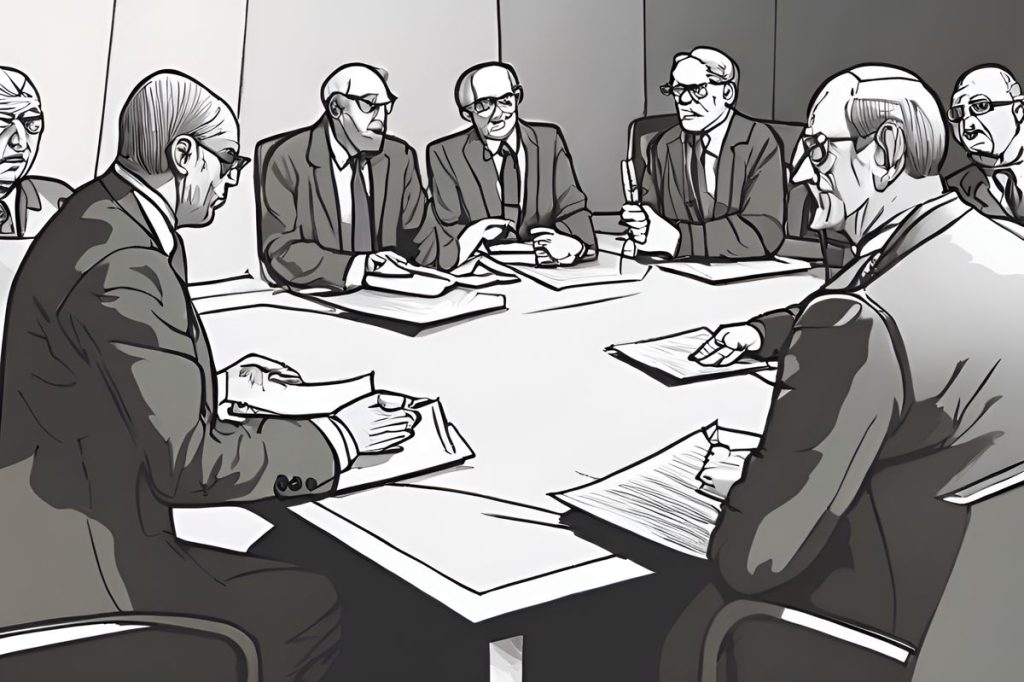Escalating Tensions: Allegations of U.S. Complicity in Civilian Deaths
Russia accuses the U.S. of being complicit in civilian deaths on Russian soil, claiming Ukraine used American weapons in attacks. Evidence remains murky, raising questions about the true extent of U.S. involvement and the potential consequences of escalating rhetoric.
Is the U.S. complicit in civilian deaths on Russian territory?
Russia has accused the U.S. of complicity in civilian deaths due to U.S.-provided weapons used by Ukraine in the Belgorod region. The evidence and implications of these allegations remain unclear, with no concrete proof presented publicly. The U.S. maintains its military aid is for Ukraine’s defense, but the lines of engagement in warfare are often blurred.
Unprecedented Accusations
In an unprecedented statement, Russia has directly implicated the United States in the deaths of civilians, including women and children, on Russian territory. The allegations arose on a somber Friday, with Russian officials asserting that Ukraine used U.S.-provided weaponry to execute attacks in the southern Belgorod region. Moscow’s stance escalates the blame game to new heights, suggesting a degree of U.S. responsibility due to its military support to Ukraine.
Maria Zakharova, a spokesperson for the Russian Foreign Ministry, pointed to recent U.S. approvals for Ukraine to utilize American-supplied arms defensively as a tacit endorsement of cross-border assaults. While the U.S. has stipulated that Ukraine should not launch these weapons deep into Russian lands, the boundaries of such engagement remain contested.
Evidence and Implications
The gravity of these accusations is underscored by the lack of available evidence to the public. Zakharova mentioned fragments of HIMARS rockets as concrete evidence of U.S. complicity, yet no such fragments or corroborating imagery has been presented. The absence of details, such as the number of casualties or the specific circumstances of the alleged strikes, leaves the international community in a state of uncertainty.
This development comes on the heels of intensified warnings from Russian President Vladimir Putin. He has vocalized that Western involvement, specifically the provision of advanced weaponry to Ukraine, edges the world closer to a broader conflict. Putin’s rhetoric suggests a possible shift in Russia’s response, hinting at the potential to arm Western adversaries, which could further compound the already volatile situation.
Military Aid and Geopolitical Consequences
The U.S. and its allies have been steadfast in their support for Ukraine, with Secretary of State Antony Blinken confirming significant military aid. Such assistance is portrayed as a means for Ukraine to protect its territories, especially areas like the Kharkiv region that are under constant threat. Even with restrictions on the use of these weapons, the reality of warfare often blurs the lines of engagement, leading to controversial outcomes.
As the international community grapples with these developments, the implications of the U.S. role in the conflict are brought into the spotlight. While direct involvement is still a matter of debate, the indirect influence through military support is undeniable. The unfolding events exemplify the delicate balance between aiding an ally and becoming enmeshed in a conflict with unpredictable repercussions.
Escalation of Rhetoric
The allegations from Russia signify an escalation not just in military engagement, but also in the war of words. Terms like “confession” and “murder” used by Zakharova signal a transition from diplomatic discourse to a more confrontational narrative. Such language is indicative of the mounting tensions and the hardline positions emerging from both sides.
As global leaders navigate this complicated landscape, the stakes continue to rise. With each new accusation and retaliatory measure, the path to resolution becomes increasingly obscured. The world watches with bated breath as every action and statement has the potential to either bridge the divide or widen the chasm that separates the opposing forces.
Is the U.S. complicit in civilian deaths on Russian territory?
Russia has accused the U.S. of complicity in civilian deaths due to U.S.-provided weapons used by Ukraine in the Belgorod region. The evidence and implications of these allegations remain unclear, with no concrete proof presented publicly. The U.S. maintains its military aid is for Ukraine’s defense, but the lines of engagement in warfare are often blurred.
What evidence has Russia presented to support their accusations against the U.S.?
Russia has mentioned fragments of HIMARS rockets as evidence of U.S. complicity in civilian deaths on Russian soil. However, no concrete evidence such as these fragments or corroborating imagery has been made public. The lack of detailed information, including the number of casualties and specific circumstances of the alleged attacks, leaves the international community in a state of uncertainty.
What are the geopolitical consequences of these allegations and escalating tensions?
The allegations and escalating tensions between Russia and the U.S. have significant geopolitical consequences. The U.S. has been providing military aid to Ukraine to defend its territories, which has indirectly drawn the U.S. into the conflict. The situation highlights the delicate balance between supporting an ally and potentially being dragged into a conflict with unforeseeable repercussions.
How has the rhetoric between Russia and the U.S. escalated in response to these accusations?
The accusations of U.S. complicity in civilian deaths have led to an escalation in rhetoric between Russia and the U.S. Terms like “confession” and “murder” used by Russian officials signal a shift from diplomatic dialogue to a more confrontational narrative. The mounting tensions and hardline positions from both sides indicate a challenging path to resolution amidst the escalating rhetoric.

